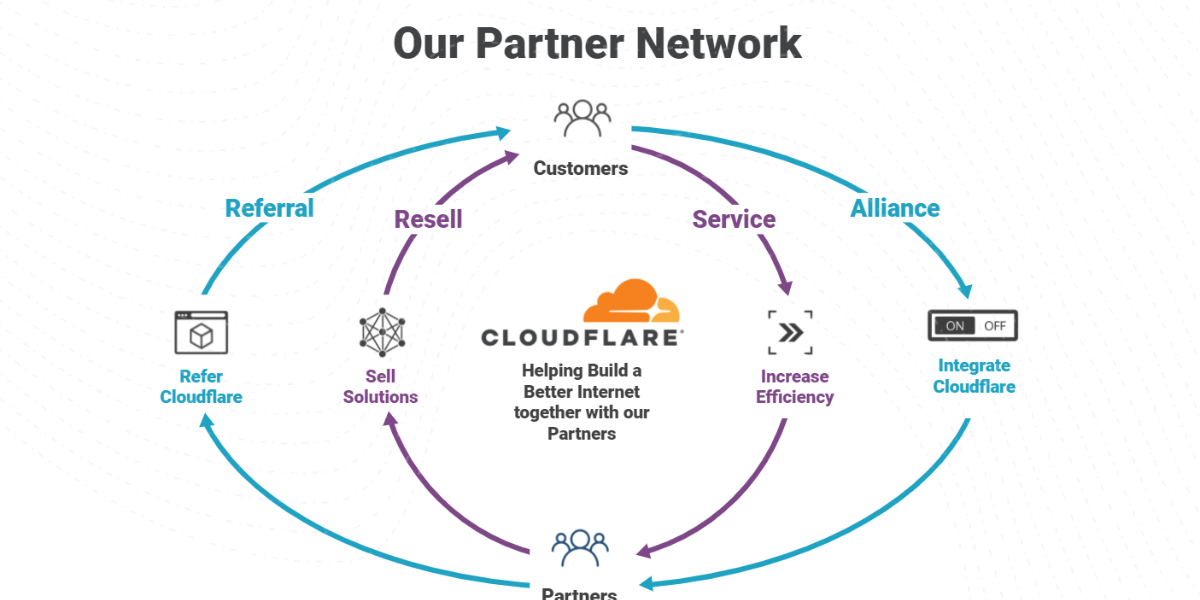
In the dynamic landscape of cybersecurity, the evaluation of SSL certificates has transcended the binary notion of secure or not. The rise of multi-domain SSL certificates has introduced a nuanced dimension, and a critical aspect of this evolution is the integration of trust score metrics. In this comprehensive exploration, we delve into the intricate realm of multi-domain SSL certificates, dissecting the significance of trust scores and their pivotal role in fortifying online security.
Unveiling Multi-Domain SSL Certificates
Multi-domain SSL certificates, often referred to as Unified Communications Certificates (UCC) or Subject Alternative Name (SAN) certificates, have become a cornerstone in securing diverse web environments. Unlike traditional SSL certificates, multi-domain SSL allows the encryption of multiple domains under a single certificate, offering a streamlined and cost-effective solution for businesses with a vast online presence.
The Flexibility Advantage
One of the primary attractions of multi-domain SSL certificates lies in their flexibility. Businesses can secure a myriad of domains, subdomains, and even different top-level domains with a single certificate. This flexibility streamlines the certificate management process and enhances the overall security posture.
Streamlining Certificate Management
Managing multiple SSL certificates can be a daunting task. Multi-domain SSL certificates simplify this challenge by consolidating various domains into one certificate. This not only reduces administrative overhead but also ensures a more coherent and organized security infrastructure.
The Essence of Trust Scores
As the digital landscape expands, the need for a more nuanced evaluation of SSL certificates has become paramount. Enter trust score metrics—an innovative approach to quantifying the reliability and security of SSL certificates.
Understanding Trust Scores
Trust scores amalgamate various factors, including the certificate issuer’s reputation, domain age, and adherence to security best practices. These scores provide a comprehensive overview of the certificate’s trustworthiness, offering users and search engines an additional layer of confidence.
The Role in Search Engine Rankings
Search engines, led by Google, are increasingly factoring trust scores into their ranking algorithms. Websites equipped with SSL certificates boasting high trust scores are likely to receive a ranking boost, enhancing their visibility and credibility.
Navigating Trust Score Metrics
In the intricate landscape of trust score metrics, understanding the key components is crucial for businesses aiming to fortify their online presence.
Reputation of Certificate Authorities
The reputation of the certificate authority (CA) plays a pivotal role in determining trust scores. CAs with a history of issuing secure and reliable certificates contribute positively to the overall trustworthiness.
SSL/TLS Protocol Adherence
Adherence to the latest SSL/TLS protocols is non-negotiable. Certificates using outdated protocols may face a reduction in trust scores, reflecting potential vulnerabilities.
Domain Validation Practices
Stringent domain validation processes contribute to higher trust scores. CAs that employ robust methods to verify domain ownership instill confidence in the certificate’s authenticity.
Final Words
In the ever-evolving landscape of online security, the marriage of multi-domain SSL certificates and trust score metrics represents a paradigm shift. As businesses navigate the complexities of securing diverse online domains, understanding and prioritizing trust scores are imperative. The quantification of trust not only enhances security but also serves as a beacon in the digital wilderness, guiding users and search engines toward safer online experiences.
Commonly Asked Questions
Q1: How do multi-domain SSL certificates differ from traditional SSL certificates?
A: Multi-domain SSL certificates secure multiple domains under a single certificate, offering flexibility and streamlining certificate management, unlike traditional SSL certificates.
Q2: Why are trust score metrics crucial in SSL certificate evaluations?
A: Trust scores provide a comprehensive view of a certificate’s reliability, considering factors like the certificate authority’s reputation, SSL/TLS protocol adherence, and domain validation practices.
Q3: How does a high trust score impact search engine rankings?
A: Search engines, including Google, factor trust scores into their ranking algorithms. High trust scores contribute to improved visibility and credibility in search engine results.
Q4: What role does the reputation of certificate authorities play in trust scores?
A: The reputation of certificate authorities significantly influences trust scores. CAs with a history of issuing secure certificates positively contribute to a certificate’s overall trustworthiness.
Q5: Can multi-domain SSL certificates enhance online security for businesses with diverse web environments?
A: Absolutely. Multi-domain SSL certificates offer a flexible and streamlined solution for securing diverse domains, subdomains, and different top-level domains, bolstering the overall online security posture.
Advertisement








